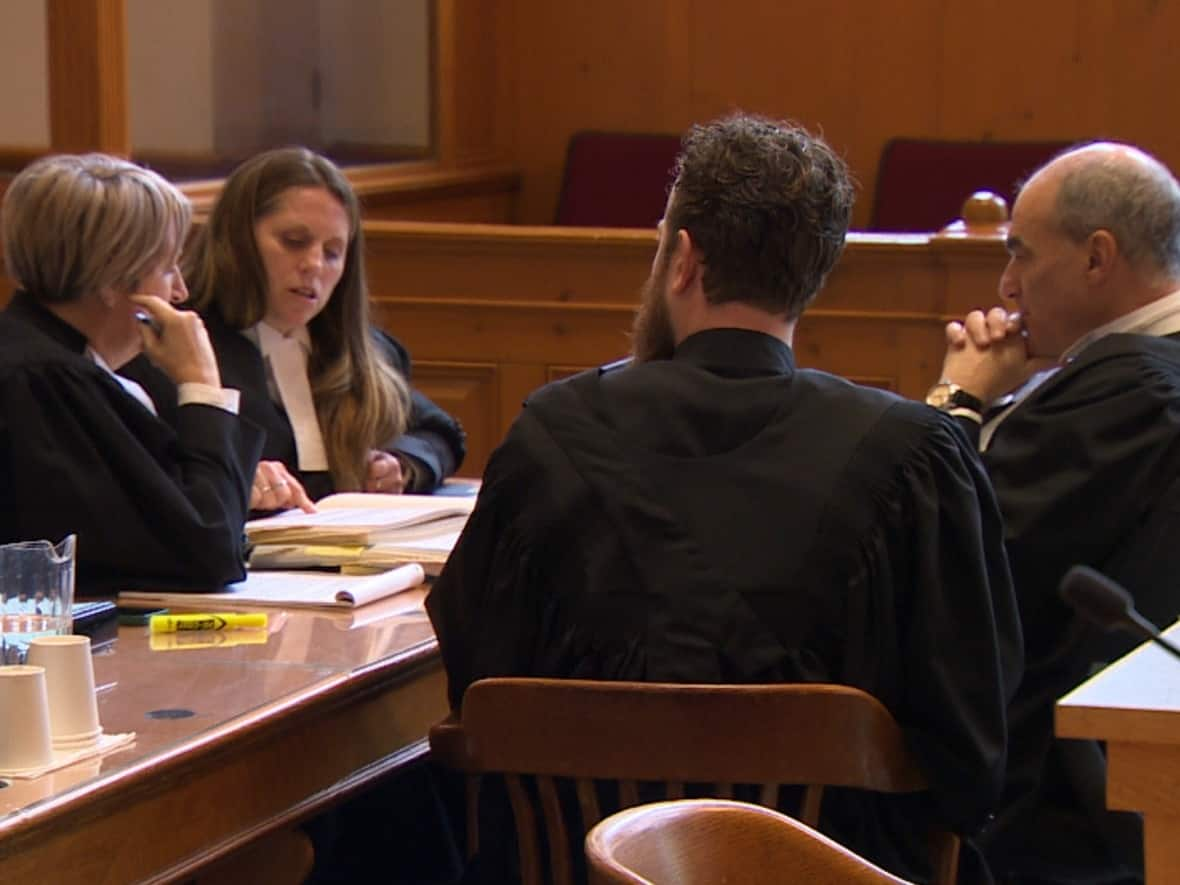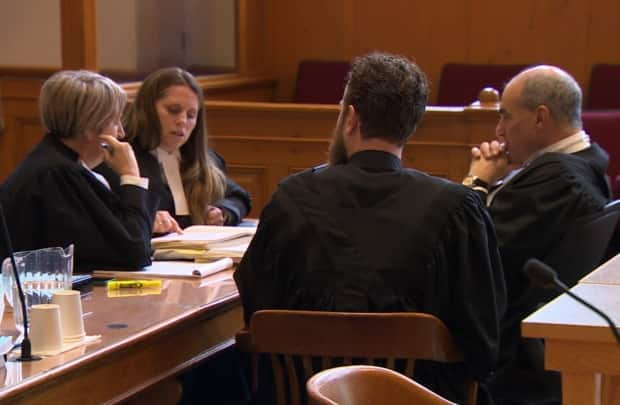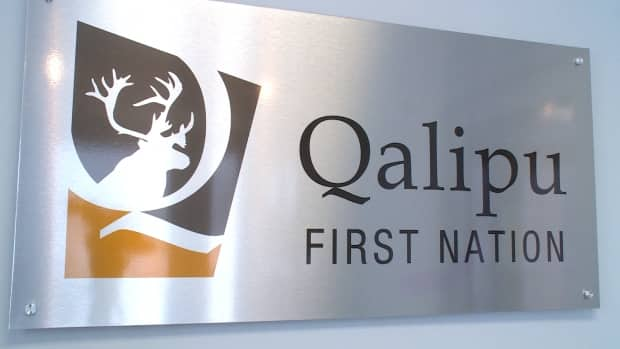He founded the movement behind Qalipu First Nation — but he can't be a member


One of the founders of the movement that led to the creation of Qalipu First Nation says he was booted from the band after enrolment criteria changed — and he argues the controversy over membership is antithetical to his original vision.
In 1972, John Oliver helped form the Federation of Newfoundland Indians, the organization that fought for recognition of Mi'kmaq in Newfoundland and eventually led to the creation of Qalipu First Nation in 2008.
"As an aboriginal it was very important to get recognized," explained Oliver, who appeared by video in Newfoundland and Labrador Supreme Court on Tuesday. He successfully applied to join the band in 2011.
"First it started out pretty good.… Then it all changed."
In 2013, following an explosion in applications for membership in Qalipu First Nation, the federal government and the FNI signed a supplemental agreement, introducing a complex points system for enrolment.
Thousands of people were denied membership or retroactively removed from the band if they didn't prove substantial connection to a Mi'kmaw community or maintenance of Mi'kmaw culture and way of life, as determined by the supplemental agreement.
A group called the Friends of Qalipu Advocacy Association is challenging that supplemental agreement and the points system in court.
Oliver was one of the people whose membership was retroactively rescinded — even though he helped form the group that would later create Qalipu First Nation. Friends of Qalipu lawyer Keith Morgan called Oliver as his final witness.
"Is this what you had envisioned when you started this movement back in the early '70s?" asked Morgan.
"No," replied Oliver.
"Why not?"
"We wanted to get people recognized and registered. That was our main goal."
Identity and self-determination
More than 101,000 people applied for membership in Qalipu First Nation, but only 18,044 applications were approved.
The final membership list is extremely controversial, with some family members getting accepted while others were rejected. Last week, one of the plaintiffs, Jennifer Le Roux, testified that she was retroactively removed while her identical twin sister was accepted.
The Friends of Qalipu group is seeking to throw out the 2013 agreement and go back to the original membership criteria established in 2008. If the case is successful, thousands of rejected applicants could get a second chance at membership.
Dozens attended the hearings in St. John's, hoping the 2013 agreement will be struck down.
Tamara Pearl, a Cree lawyer and professor in the University of Alberta's law school, said the case raises questions about identity and self-determination.
"Indigeneity, obviously … cannot be reduced to straightforward arithmetic," she said.
"We can't say, for example, like one ancestor at less than X generations back equals an Indigenous person," she said. "Obviously, Indigeneity is just so much more than that."
Pearl said the controversy over the point system makes the case particularly challenging, and the outcome could have implications for other Indigenous groups.
She questioned whether it's appropriate for the court to impose a "one size fits all" approach for who belongs in Indigenous communities.
"It does come down to, you know, each particular community's…own self-determination," she said.
Final arguments set for next week
The lawyers for the FNI and the federal government, both named as defendants in the case, declined to cross-examine Oliver, and neither called any witnesses.

On Tuesday, the lawyers for both parties said they planned to apply to strike one of the plaintiffs, Paul Bennett, from the statement of claim because he didn't testify in court. In an email on Wednesday, Morgan said Bennett's claim had been voluntarily discontinued.
With that out of the way, Morgan said final arguments will happen Tuesday and Wednesday.
Justice Valerie Marshall is expected to make a written decision in three to six months.
In an email, Qalipu First Nation Chief Brendan Mitchell said he couldn't comment on the case while it's before the court.


